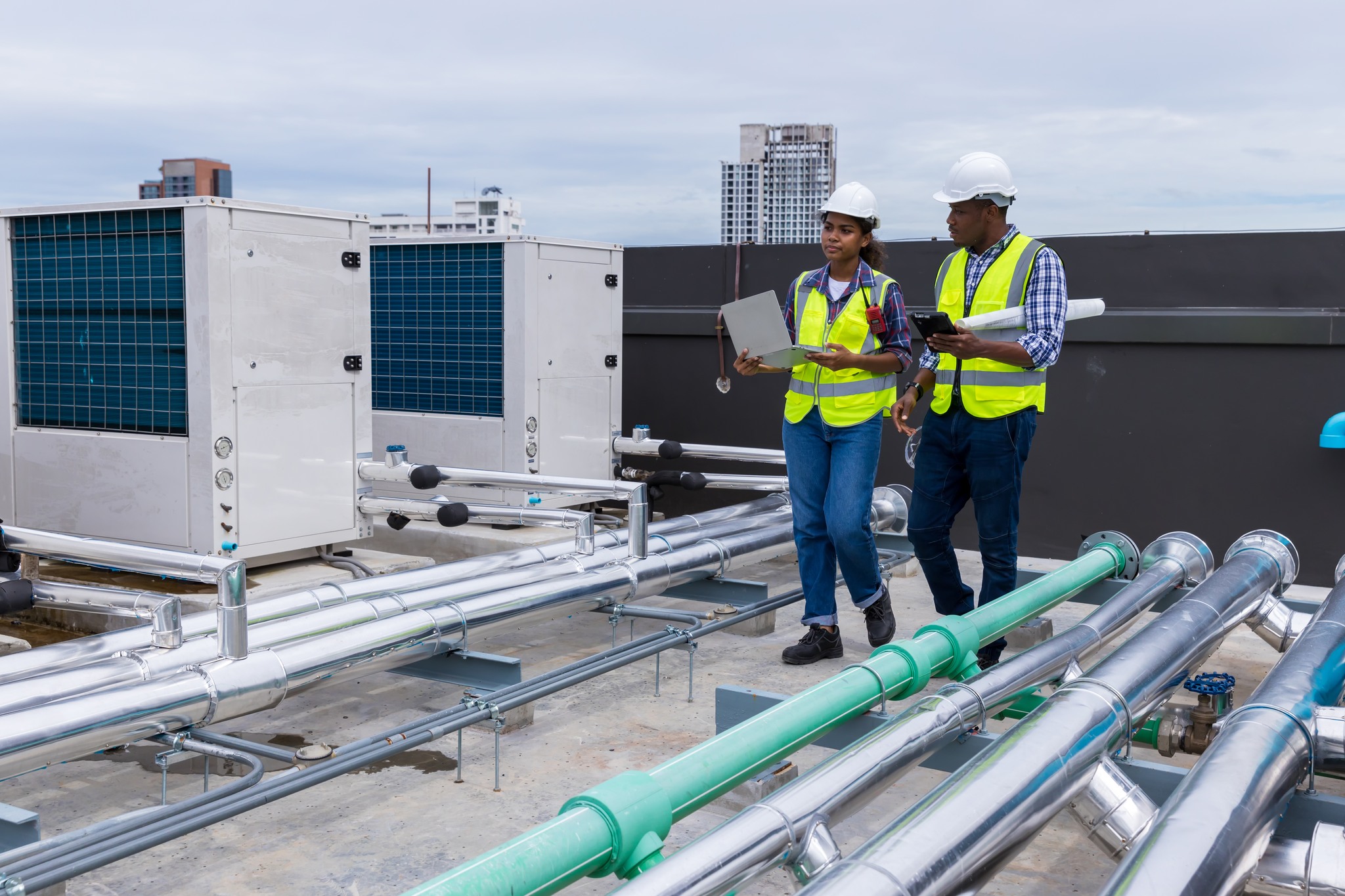Why Your HVAC Filter Matters: How Often Should You Change It?

FAQ
-
How do I know what size unit I need?
If you have any problems with your system, you should contact the contractor who installed the units. All our systems are covered by a 5 year parts, 7 year compressor limited warranty -
What are mini-split advantages?
Just as the name implies, a “mini-split” system is a “split system” however available in smaller capacities, for single room to whole house conditioning. Mini-split systems may range from as small as 9,000 BTUh per hour, comparable to say, a small window AC unit, for individual room use, up to 4 and 5 ton capacities for “Room By Room” (also known as “Zoning”) and whole house conditioning. With near universal design, mini-splits are “heat pumps” which provide both heating and cooling for a home. Here are key advantages when compared to traditional split systems:
Efficiency- Mini-splits are highly engineered systems which offer attractive operating efficiencies, in many instances, eligible for utility company rebates.
Heat Pump- Most mini-split systems are heat pumps, providing year-round comfort.
Solar friendly- Due to very low power requirements, mini-splits are an ideal complement to “Net Zero Energy” homes, or any home using renewable power.
Carbon footprint- Mini-splits are 100% electric, with zero operating emissions of any type.
Zoning- Most mini-split manufacturers offer systems capable of room-by-room “zoning”, to account for peak demands of a room based upon construction type, exposure orientation and usage.
Variable capacity- Mini-splits are typically DC inverter driven. That is, a variable speed compressor which modulates in proportion to instantaneous demand. Most conventional split systems, by comparison, operate with an ON-OFF strategy. (Would you use an ON-OFF switch as the accelerator in your vehicle?)
Location, Location, Location!- Mini-split outdoor units are compact; they can be located far away from noise-sensitive areas, such as bedrooms and home offices. Mini-split indoor units have the ability to be installed where conventional systems cannot.
They’re perfect for additions and remodels where access to current HVAC system is difficult to access.
Modern mini-split systems are remarkably quiet; in fact, many times their operation is unnoticed by the end user. -
Furnace is blowing cold air in Winter?
This can be due to Ignition lockout, sometimes could be resolved by resetting the power and if this does not resolve the issue you should contact a certified gas technician from A-Plus Quality to get this problem resolved!
-
What is a mini-split?
By definition, and simply put, a “Split System” is a heating and air conditioning system which has two main components, the indoor unit and outdoor unit. In short, the indoor unit absorbs heat energy in the cooling mode, and the outdoor unit rejects the very heat absorbed by the indoor unit. And the cycle is repeated until the set temperature is met. Although the indoor and outdoor units are located in physically different, hence “split” locations, they are connected and operate as, one system; continuously circulating refrigerant liquid and vapor by means of interconnecting, dehydrated copper refrigerant lines, commonly referred to as a “Line Set”.
-
Water is Leaking on my Furnace
Water falling on to the furnace can harm your heating unit by affecting the control boards and other components enclosed in the furnace. There can be many causes to the water overflow, but the most common cases in the summer is the ice build up inside the evaporator coil due to low refrigerant level. Water build up can also be due to the evaporator coil having a crack on the base, if this is the case contact us by booking an appointment or call us today to have a technician come have a look at your unit and repair this issue before it causes excessive damage.


